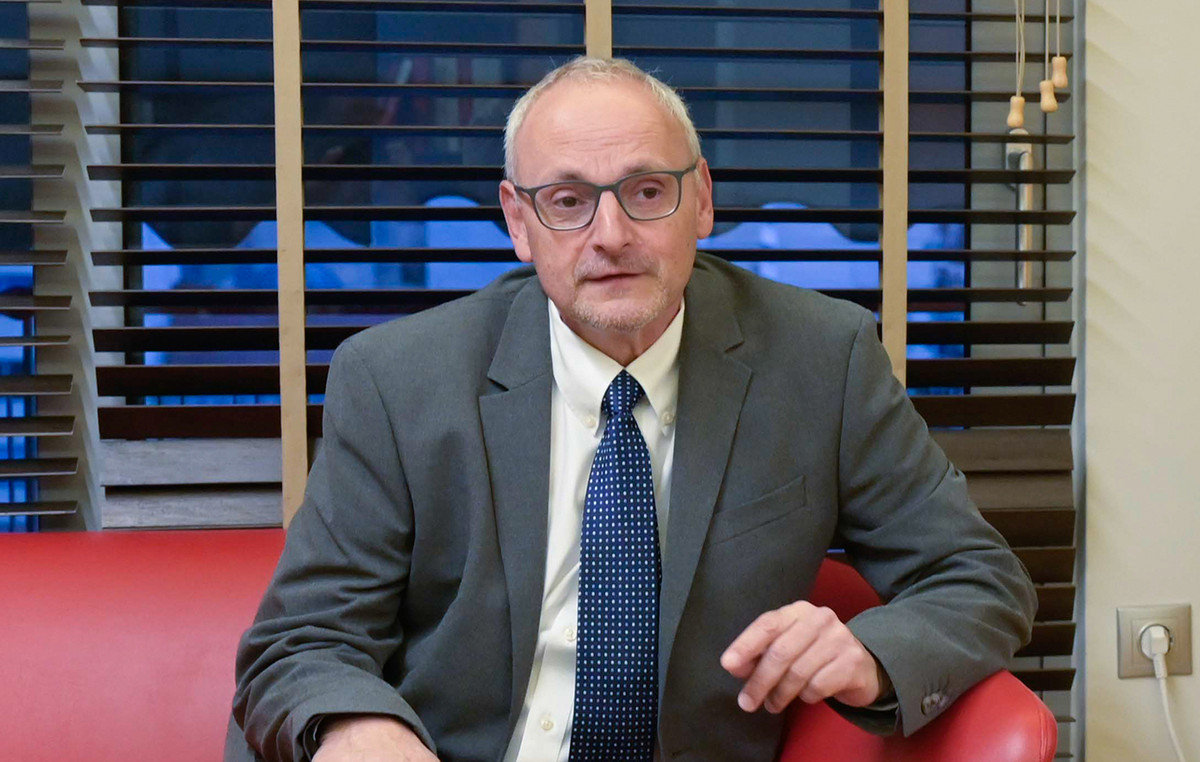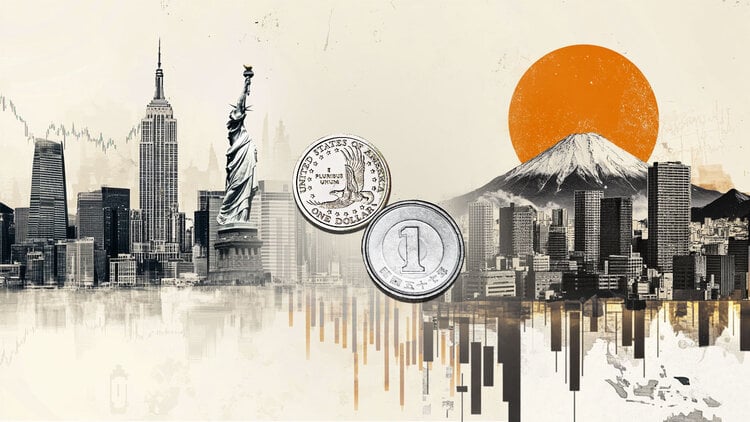The markets open the month of February this Tuesday (1st) with an eye on the balance sheets of foreign companies. In the domestic scenario, attention is turned to the Copom meeting.
US futures were slightly lower this morning after yesterday’s recovery, driven by accommodation in interest rates and positive fourth-quarter corporate results. But even with Monday’s rally, the indexes closed with their worst January since 2008.
The market monitors conversations between Antony Blinken, the US Secretary of State, and Sergei Lavrov, the Russian Foreign Minister, the two leading names in the countries’ diplomacy. After the fall of the stock markets with the expectation of high interest rates in the United States, the market’s recovery depends on the easing of tensions between Russia and NATO.
In Europe, stock markets rise with PMIs, activity indicators showing that the economy accelerated in relation to December, despite the advance of the Ômicron variant, and also with good balance sheets such as that of UBS, which shot up 7% after registering its best annual profit since the 2008 crisis.
In Asia, stocks are up on positive data in Japan and investors flocking to riskier markets. Stock markets in South Korea and China are closed for a holiday.
Brazil
The Ibovespa closed January with the highest monthly rise in a year. The stock exchange took off from falls abroad and rose 7%, pulled by the rotation of global investors from tech stocks to commodities.
The balance of foreign investments in January was positive by more than 28 billion reais. The rise in interest rates has also been an attraction factor for foreigners. With the entry of more dollars, the American currency closed yesterday at the lowest index since September, at R$5.30.
Today begins the meeting of the Monetary Policy Committee (Copom) of the Central Bank (BC). Analysts already take for granted the hike in the basic interest rate, the Selic, to 10.75%. The big question, therefore, is what the BC will signal for the March meeting.
Yesterday, President Jair Bolsonaro (PL) stated that it is Congress that must present the PEC of fuels. The president of the Chamber, deputy Arthur Lira (PP-AL), said that the PEC will focus on diesel. If in fact the exemption is restricted to diesel, the loss of collection should fall from R$ 70 billion to R$ 20 billion. Analysts assess that the market can react well to a more modest subsidy – but they do not rule out the pressure for more exemptions.
It is also worth noting that the National Telecommunications Agency (Anatel) authorized the sale of Oi to Claro, Tim and Telefônica. The measure is another step by Oi towards exiting judicial recovery and made the company’s shares rise almost 3%.
Indexes
The Ibovespa Futuro is down 0.48% to 112,470 points. The Dollar dropped 0.30%, quoted at R$ 5.29. S&P Futures is also down – down 0.31% to 4,502 points.
agenda of the day
In Brazil, the Fundação Getúlio Vargas (FGV) business confidence index dropped to the lowest level since April. The Weekly Consumer Price Index (IPC-S) decelerated to 0.49% in January. The Copom meeting starts today and, at 3:00 pm, the balance of trade comes out.
Abroad, the highlight is the PMIs in Europe and the balance sheet season in the United States, with results from Exxon, Alphabet, PayPal and Starbucks.
Source: CNN Brasil
I am Sophia william, author of World Stock Market. I have a degree in journalism from the University of Missouri and I have worked as a reporter for several news websites. I have a passion for writing and informing people about the latest news and events happening in the world. I strive to be accurate and unbiased in my reporting, and I hope to provide readers with valuable information that they can use to make informed decisions.







